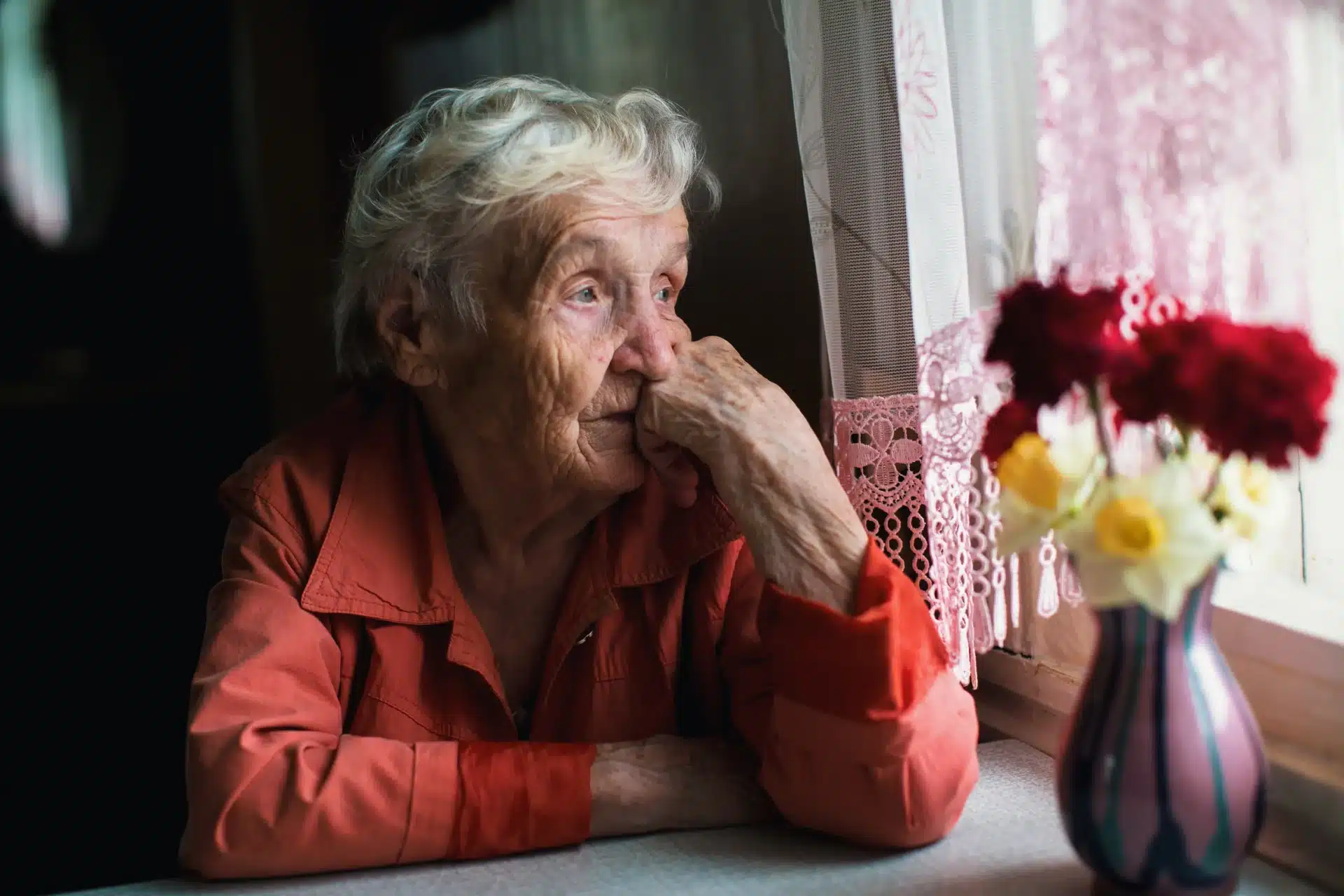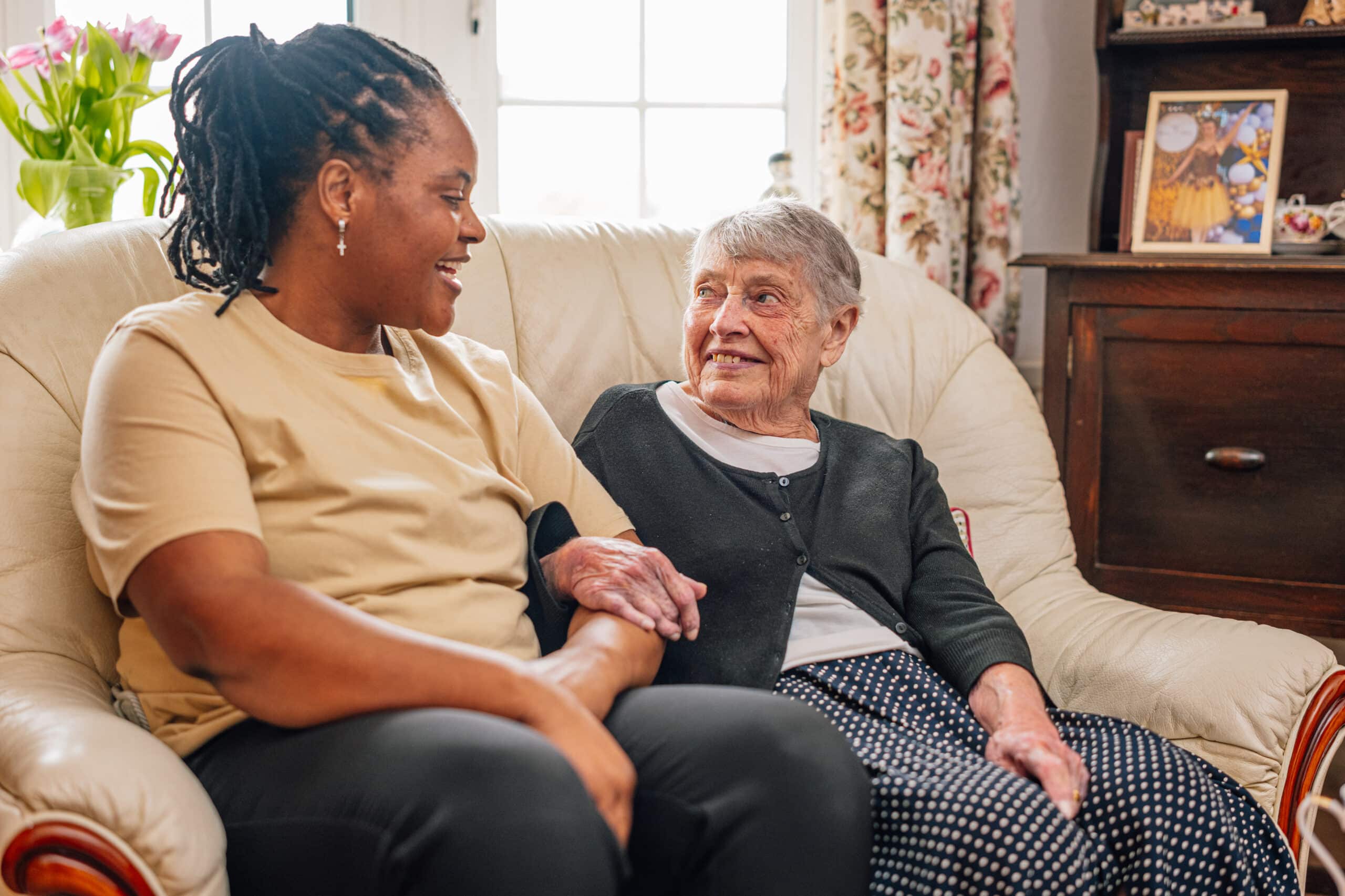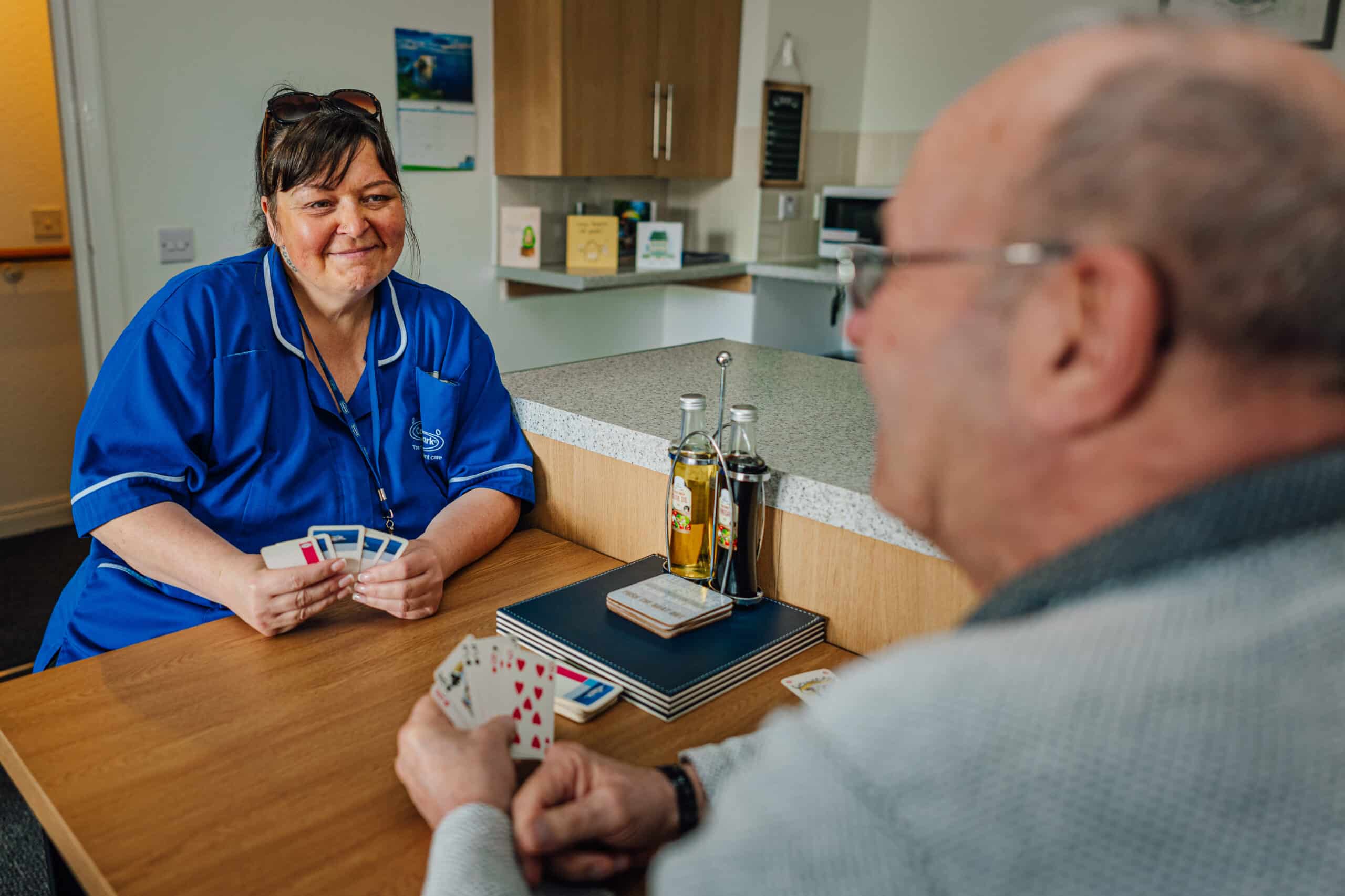5 Effective Tips to Combat Loneliness in Older People

Everyone deserves to feel connected, valued, and supported, especially in later life. That’s why we’re passionate about delivering care beyond the basics, helping our customers feel valued. This article explores five tips to combat loneliness in older people.
At Caremark, we understand that loneliness is more than just a feeling. It’s a serious public health issue that affects millions of older people across the UK. According to recent studies, over 1.4 million older adults in the UK often feel lonely, which is expected to rise as the population ages. Loneliness can lead to a decline in both mental and physical health, increasing the risk of conditions such as depression, heart disease, and cognitive decline.

5 Tips to Combat Loneliness in Older People
Loneliness seems prevalent among older people, so it is essential to combat it. From encouraging social interaction to establishing a routine, there are many ways that we can help those who need us most. Below, you can find 5 practical tips to combat loneliness in older people:
1. Encourage Regular Social Interaction
Maintaining social connections is vital for emotional health. These moments of connection can make a big difference. This could be a weekly phone call, a visit from a friend, or a chat with a neighbour. Some community centres, and even our Caremark offices, often host coffee mornings, games, or group activities. These events are designed so that older people can be part of the local community.
2. Support Hobbies and Personal Interests
Engaging in hobbies brings joy, purpose, and mental stimulation. Activities like gardening, knitting, painting, or puzzles can help older people stay mentally active and emotionally fulfilled. Caremark’s care plans are personalised to include time for hobbies and interests. Our care assistants can help set up activities, offer encouragement, and even join in to make the experience more enjoyable.
3. Promote Gentle Physical Activity
Staying active is good for the body and the mind. Physical activity can boost mood, reduce anxiety, and create opportunities for social interaction. Gentle exercises such as walking, yoga, or chair-based workouts are ideal. The care assistants can support customers with mobility and motivation by encouraging them to join a local walking group or senior fitness class.
4. Embrace Digital Connection
Technology can be a powerful tool in reducing loneliness. Older people can use devices to stay in touch with loved ones and explore new interests. Care assistants can help set up video calls with family and friends or introduce them to online communities or virtual classes. Apps can be used for brain games, music, or audiobooks to keep the mind engaged.
5. Establish a Routine with Purpose
Having a daily routine can provide structure and a sense of purpose. Even small tasks can help someone feel more in control and connected to the world around them. Hobbies such as gardening, crafting, or baking should be encouraged, as well as involvement in volunteering or mentoring opportunities. Care assistants can help build routines that reflect personal interests.

Personalised Companionship Care
Sometimes, professional support is the best way to ensure someone never feels alone. Care assistants offer more than just practical help; they provide genuine companionship. We match customers with carers who share similar interests. Our visits are warm, friendly, and uplifting. We focus on building trust and meaningful relationships. The goal is not only to support with basic needs but also to combat loneliness in older people.
What Caremark Can Do For You
At Caremark, we understand the significance of loneliness in care. We aim to provide companionship and emotional support alongside physical assistance and improve the lives of those who need it. Our professional, trustworthy, and cheerful care assistants are key to providing support. Whether it’s a friendly chat, a game of cards, or simply being there, we help create a caring home environment where your loved one can thrive.
Want to learn more about the care services we provide? Get in touch and discover how we can help you or someone you love. From dementia care to respite care, we are here to support you.